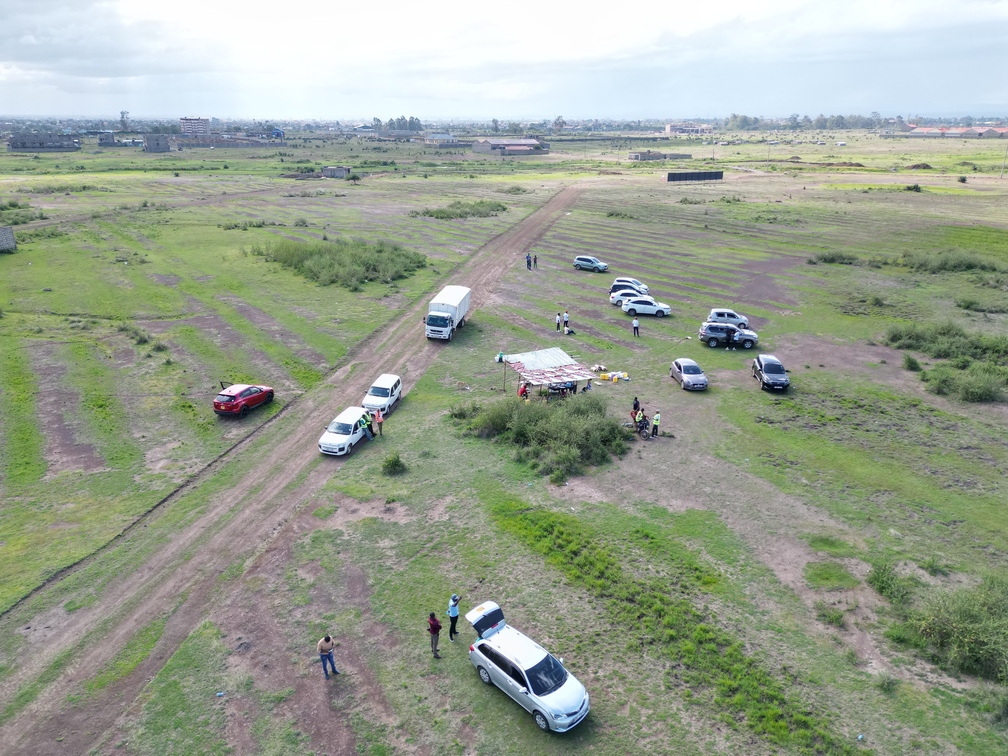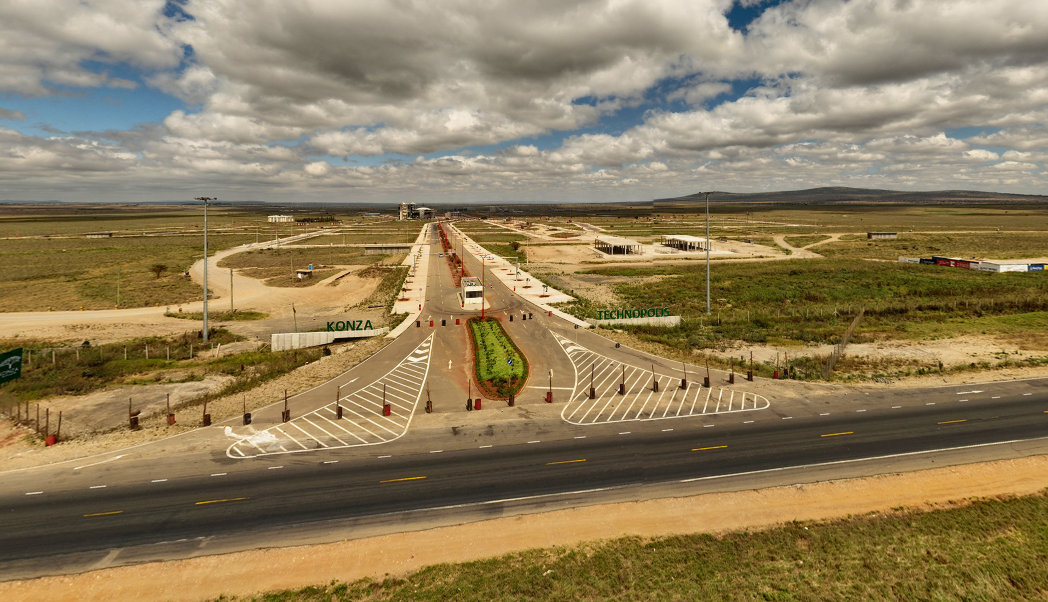The land market in Nairobi and its growing satellite towns—Kamulu, Joska, Juja, and Thika—is witnessing a pivotal shift following the recent assent of the Land Amendment Act Kenya 2025 by President William Ruto. The new law, which modifies sections of the Land Act (No. 6 of 2012), introduces stricter transparency requirements and fresh safeguards against unlawful allocations and fraudulent land sales.
Transparency at the Core of the New Law
At the heart of the Land Amendment Act Kenya 2025 is the requirement that all public land transactions must be gazetted before registration. This means that any land allocated for public use—schools, hospitals, churches, or social amenities—must now be listed in the Kenya Gazette before being transferred or developed.
For private developers and investors across Nairobi’s satellite zones, this marks a major step forward in curbing double allocations, fake titles, and land-grabbing scandals that have plagued buyers for years. The law empowers the Chief Land Registrar to verify, register, and publish every allocation involving public property.
According to the Ministry of Lands, this move aims to “enhance accountability, boost public trust, and streamline the land management process.”
Read Also: Where Foundations Meet Legacy: Building Tomorrow’s Homes in the Shadow of a Nation’s Giant
Impact on Buyers and Developers in Kamulu, Joska, Juja, and Thika

The ripple effects of the new law are already being felt in emerging property corridors east and north of Nairobi. Developers in Kamulu and Joska, where rapid subdivision of farmland has created dozens of small estates, will need to ensure that all plots originate from properly gazetted land.
Similarly, Juja and Thika, popular for gated communities and student housing projects, will see tighter documentation requirements. Buyers can now verify whether a parcel of land was part of a gazetted subdivision—an added layer of confidence for first-time homeowners and diaspora investors.
For credible real estate firms such as Willstone Homes, this legislative reform is welcome. It affirms the company’s long-standing emphasis on due diligence, clean titles, and transparent land transactions. In a market where fake documents have discouraged many aspiring landowners, the Act could restore much-needed faith.
Read Also: Kenya Property Market 2025: How Local Resilience Is Outpacing Global Real Estate Giants
National Land Commission Amendment: A Critical Partner Reform
Alongside the Land Amendment Act, President Ruto also assented to the National Land Commission (Amendment) Act 2025, which grants the Commission a five-year window to review historical land grants and allocations made before 27 August 2010.
This complements the Land Amendment law by giving the state machinery the power to audit irregular allocations and publish outcomes in the Kenya Gazette. For landowners in long-disputed areas, this could mean long-overdue clarity and closure.
In areas like Kangundo Road and Joska, where some parcels trace back to the 1990s or early 2000s without full documentation, the amendment is expected to clarify ownership and streamline compensation or reclamation where needed.
Why This Law Matters to Land Buyers

For anyone planning to buy land in Nairobi’s outskirts, the Land Amendment Act Kenya 2025 simplifies one key question: Is this land officially recognized and gazetted by the government?
Buyers can now confirm this status directly through the Kenya Gazette and the Ministry of Lands’ online registries. In practice, it means fewer surprises after purchase—no “land under dispute,” “public utility land,” or “double title” nightmares.
Furthermore, lawyers and surveyors working with land-buying companies must now produce gazette references during conveyancing, adding another legal safeguard for consumers.
What It Means for Real Estate Agents and Companies
For legitimate property developers like Willstone Homes, the new legal environment provides a competitive advantage. Firms that have consistently prioritized title verification and lawful registration will stand out even more as trustworthy partners.
While compliance may introduce slight delays in registration, the long-term benefits—reduced litigation, investor confidence, and protection from fraudulent agents—far outweigh the inconvenience.
The government’s focus on transparency is likely to attract diaspora investors and local buyers seeking affordable land in Nairobi’s growth zones. With clear gazettement rules, foreign-based Kenyans can finally invest remotely with confidence, knowing that the land they buy has passed official scrutiny.
The Broader Picture: Order in Kenya’s Land Market

Kenya’s land sector has long suffered from historical injustices, corruption, and administrative overlaps between the Ministry of Lands and the National Land Commission. By aligning both through synchronized publication and review systems, the Land Amendment Act Kenya 2025 promises to establish a more predictable land economy.
The reforms come as Nairobi’s urban sprawl pushes more families toward the periphery—where land is affordable but often legally murky. The new law seeks to clean up that gray zone and ensure every title issued reflects a transparent, gazetted process.
The Land Amendment Act Kenya 2025 ushers in a new era of accountability in property transactions. For buyers, it means greater security; for developers, it demands more diligence; and for Kenya’s growing real estate market, it sets a foundation for sustainable, transparent growth.
As Willstone Homes continues to offer genuine, verified land in Kamulu, Joska, Juja, and Thika, clients can rest assured that each property aligns with the spirit and requirements of the new law—clean titles, verified ownership, and government-backed legitimacy.





